Home>Gardening & Outdoor>Landscaping Ideas>Why Do Raccoons Dig Up Lawns
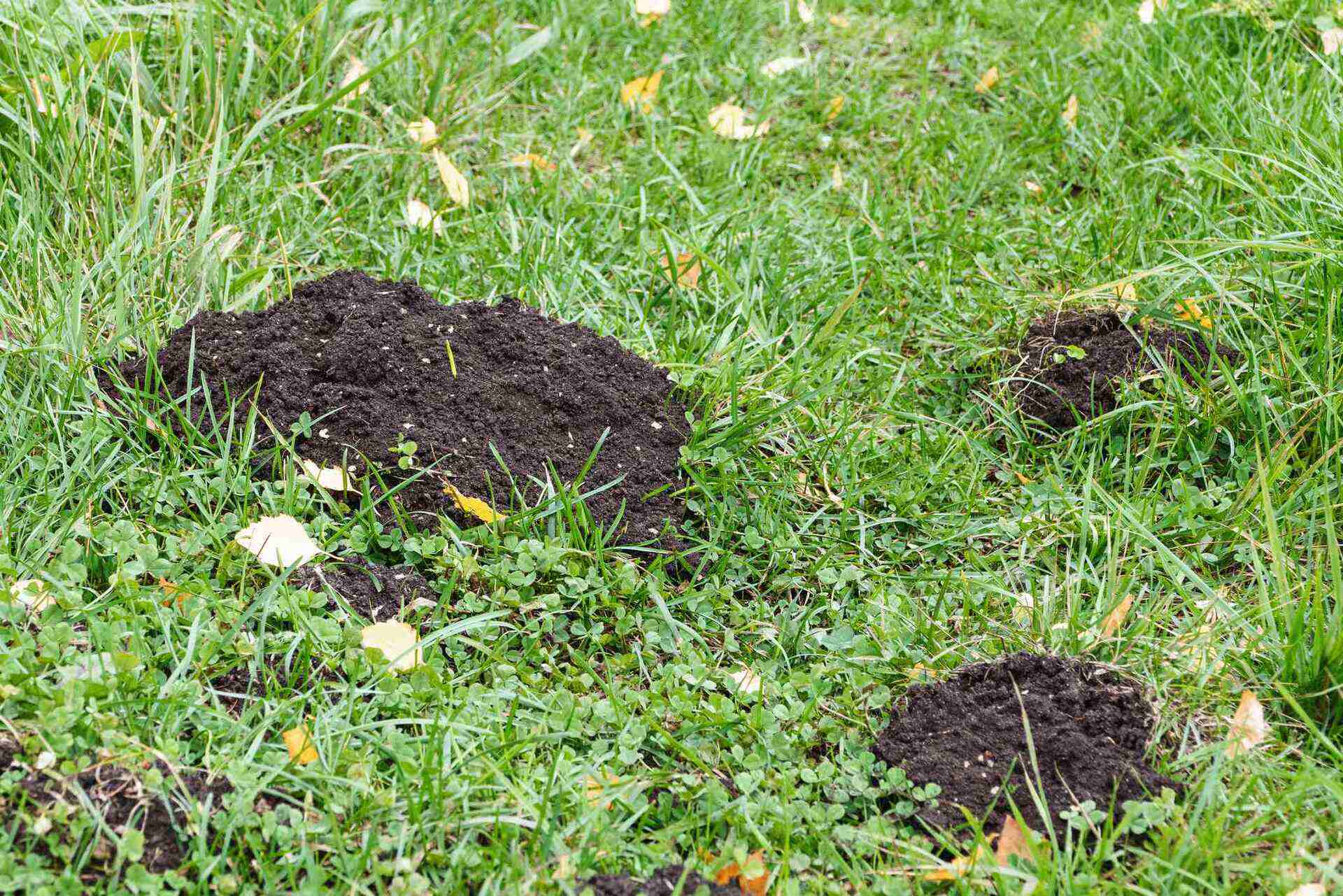

Landscaping Ideas
Why Do Raccoons Dig Up Lawns
Published: December 25, 2023
Discover effective landscaping ideas to prevent raccoons from digging up your lawn. Learn how to protect your yard and maintain a beautiful outdoor space.
(Many of the links in this article redirect to a specific reviewed product. Your purchase of these products through affiliate links helps to generate commission for Storables.com, at no extra cost. Learn more)
Introduction
Raccoons: The Mischievous Diggers of the Night
Raccoons are fascinating creatures that captivate our attention with their distinctive mask-like facial markings and ringed tails. While they may appear adorable and playful, these nocturnal bandits are known for their mischievous behavior, which includes digging up lawns. This behavior can be frustrating for homeowners and garden enthusiasts, leading to questions about why raccoons engage in this destructive activity and how to prevent it.
Raccoons are highly adaptable animals, found in a variety of habitats across North America. They are known for their intelligence and dexterous paws, which enable them to manipulate objects with remarkable skill. These traits, combined with their natural curiosity, make raccoons adept at exploring and foraging for food in both urban and rural environments.
In this article, we will delve into the intriguing behavior of raccoons, exploring the reasons behind their penchant for digging up lawns and the potential damage it can cause. Additionally, we will discuss effective strategies for preventing raccoons from wreaking havoc on your outdoor spaces, allowing you to coexist harmoniously with these captivating yet occasionally troublesome creatures. So, let's embark on a journey to unravel the mysteries of raccoon behavior and discover the secrets to safeguarding your lawn from their inquisitive antics.
Raccoon Behavior
Key Takeaways:
- Raccoons dig up lawns to find food, mark territory, and explore. Preventing this behavior involves removing food sources, using repellents, and creating barriers to protect outdoor spaces.
- Understanding raccoons’ behavior and motivations can help homeowners coexist harmoniously with these creatures. By implementing proactive measures and respecting wildlife, outdoor spaces can remain inviting and balanced.
Read more: Why Do Crows Dig Up Grass
The Nocturnal Habits of Raccoons
Raccoons are primarily nocturnal creatures, meaning they are most active during the night. This behavior is an adaptation that helps them avoid human activity and potential predators while foraging for food and exploring their surroundings. Their keen sense of hearing and exceptional night vision make them well-suited for navigating in the dark.
These intelligent mammals are opportunistic omnivores, with a diverse diet that includes fruits, nuts, insects, small mammals, bird eggs, and even human food waste. Their foraging behavior often leads them to explore lawns and gardens in search of insects, grubs, and earthworms, which they can easily detect beneath the surface of the soil.
Raccoons are also known for their natural curiosity and problem-solving abilities. Their agile front paws enable them to manipulate objects and dig with precision, allowing them to uncover potential sources of food or investigate intriguing scents. This combination of intelligence, curiosity, and adeptness with their paws contributes to their tendency to engage in digging behavior, particularly in areas where they believe food might be found.
Furthermore, raccoons are territorial animals, and they may mark their territory by digging small holes or creating shallow depressions in lawns and gardens. This behavior serves as a means of communication with other raccoons and can be a sign of their presence to potential mates or rivals.
Understanding the natural behaviors of raccoons is essential for effectively addressing and preventing their digging activities in outdoor spaces. By gaining insight into their habits and motivations, homeowners can implement targeted strategies to discourage raccoons from disrupting their lawns while respecting the wildlife that shares their environment.
Reasons for Lawn Digging
Unveiling the Motivations Behind Raccoon’s Digging Behavior
Raccoons are known for their inquisitive and opportunistic nature, which drives them to engage in digging behavior in lawns and gardens. Understanding the reasons behind their penchant for excavating soil can shed light on their motivations and help homeowners develop effective strategies to mitigate this activity.
One primary reason for raccoons digging up lawns is their quest for food. These resourceful creatures have a diverse diet that includes insects, grubs, earthworms, and small vertebrates. Lawns provide an abundant source of potential food items, as the soil harbors a variety of insects and invertebrates that serve as a delectable meal for raccoons. Their keen sense of smell and sharp claws enable them to unearth these hidden delicacies, prompting them to engage in digging to access their prey.
Moreover, raccoons may also dig up lawns as part of their territorial behavior. By creating shallow holes or depressions in the ground, they leave olfactory and visual markers that communicate their presence to other raccoons in the area. This behavior serves as a means of asserting their territory and can be particularly common during the mating season when raccoons seek to attract potential mates or deter rivals.
In some cases, raccoons may exhibit digging behavior as a form of play or exploration. Their natural curiosity and agility drive them to investigate their surroundings, and the act of digging can be an engaging and stimulating activity for these intelligent creatures. While this behavior may not always be driven by a specific purpose such as foraging, it reflects their innate curiosity and adaptability in interacting with their environment.
Furthermore, environmental factors such as soil moisture and texture can influence raccoons’ digging behavior. Soft, moist soil is easier for them to manipulate, making it more enticing for digging activities. Additionally, environmental changes or disturbances, such as landscaping or the introduction of new plants, may pique their interest and prompt them to explore and dig in response to these alterations in their habitat.
By comprehending the multifaceted reasons behind raccoons’ lawn digging tendencies, homeowners can adopt proactive measures to address these motivations and create an environment that discourages such behavior. By addressing the root causes of raccoon digging, it is possible to foster a harmonious coexistence with these captivating yet occasionally troublesome creatures.
Damage Caused by Raccoons
To prevent raccoons from digging up your lawn, secure garbage cans, remove food sources, and use motion-activated deterrents like sprinklers.
Understanding the Impact of Raccoon Digging on Lawns and Gardens
While raccoons’ digging behavior may seem innocuous at first glance, it can have significant implications for the health and aesthetics of lawns and gardens. By delving into the potential damage caused by raccoons’ excavations, homeowners can gain a comprehensive understanding of the impact and implement measures to mitigate its effects.
One of the primary consequences of raccoons digging up lawns is the disruption of the soil structure. Their adept digging skills and sharp claws can result in the uprooting of grass, plants, and landscaping features, leading to unsightly patches and disturbances in the landscape. This can compromise the visual appeal of the outdoor space and necessitate additional efforts to restore its original state.
Furthermore, the foraging activities of raccoons can disturb the delicate balance of the ecosystem within the soil. By targeting insects, grubs, and earthworms, raccoons may inadvertently disrupt the natural processes that contribute to soil health and fertility. This can have repercussions for the overall vitality of the lawn and garden, impacting the growth of plants and the stability of the ecosystem.
In addition to the physical damage to the landscape, raccoons’ digging activities can create safety hazards. Uneven terrain resulting from their excavations can pose tripping risks for homeowners and visitors, particularly in areas where the ground has been extensively disturbed. This can be a concern, especially in family-friendly outdoor spaces where safety is a priority.
Moreover, the presence of raccoons and their digging behavior may attract other wildlife or pests to the area. The disturbances caused by their foraging activities can create opportunities for other animals to exploit the exposed soil and potentially establish their presence in the vicinity. This can lead to broader ecological imbalances and introduce additional challenges for homeowners seeking to maintain a well-manicured and harmonious outdoor environment.
By recognizing the potential ramifications of raccoons’ digging behavior, homeowners can take proactive steps to minimize the impact and preserve the integrity of their lawns and gardens. Implementing targeted strategies to deter raccoons and mitigate the damage they may cause is essential for fostering a thriving outdoor space that remains resilient in the face of wildlife interactions.
Preventing Raccoons from Digging Up Lawns
Effective Strategies for Coexisting Harmoniously with Raccoons
Implementing proactive measures to deter raccoons from digging up lawns is essential for maintaining the beauty and functionality of outdoor spaces while promoting a harmonious coexistence with wildlife. By integrating effective strategies and deterrents, homeowners can create an environment that discourages raccoons from engaging in destructive digging activities.
One of the key approaches to preventing raccoons from digging up lawns is to eliminate potential food sources that may attract them to the area. This can be achieved by securing trash cans with tight-fitting lids, removing fallen fruits and nuts, and minimizing the presence of pet food outdoors. By reducing accessible food options, homeowners can diminish the incentive for raccoons to forage in their lawns and gardens.
Utilizing natural repellents and deterrents can also be an effective means of discouraging raccoons from frequenting outdoor spaces. Substances such as ammonia-soaked rags, cayenne pepper, or commercial repellent sprays with natural ingredients can create olfactory and gustatory barriers that deter raccoons from exploring and digging in specific areas. These repellents can be strategically applied to targeted locations to dissuade raccoons from engaging in disruptive behavior.
Implementing physical barriers, such as fencing and wire mesh, can serve as a formidable deterrent against raccoons’ digging activities. Installing a sturdy fence with a buried portion can prevent raccoons from accessing the lawn, effectively creating a boundary that discourages their entry and foraging behavior. Additionally, placing wire mesh or hardware cloth beneath the soil surface in vulnerable areas can thwart their digging attempts and protect the integrity of the landscape.
Ensuring that outdoor spaces are well-lit during the night can also contribute to deterring raccoons, as these nocturnal creatures prefer dimly lit environments. Motion-activated lights or strategically positioned outdoor lighting can create an environment that is less appealing to raccoons, reducing the likelihood of their nocturnal explorations and digging endeavors.
Lastly, fostering a habitat that is less conducive to raccoons’ presence can contribute to preventing digging activities. This can involve minimizing clutter and potential den sites, such as woodpiles and overgrown vegetation, which may attract raccoons seeking shelter and nesting locations. By creating an environment that is less hospitable to raccoons, homeowners can reduce the likelihood of their disruptive behaviors in outdoor spaces.
By integrating these proactive strategies and deterrents, homeowners can effectively prevent raccoons from digging up lawns while fostering a balanced and respectful coexistence with these captivating wildlife neighbors. Through thoughtful interventions and a nuanced understanding of raccoons’ behaviors, it is possible to create outdoor environments that remain inviting and harmonious for both humans and wildlife.
Conclusion
Read more: Why Do Dogs Dig In The Carpet
Embracing Coexistence: Nurturing Outdoor Spaces Amid Wildlife Encounters
The presence of raccoons in residential areas can add a touch of wild charm to our surroundings, but their penchant for digging up lawns can pose challenges for homeowners seeking to maintain well-manicured outdoor spaces. By gaining insight into the behavior and motivations of raccoons, homeowners can implement targeted strategies to prevent and mitigate the impact of their digging activities while fostering a harmonious coexistence with these captivating creatures.
Understanding the natural behaviors of raccoons, including their nocturnal habits, foraging tendencies, and territorial instincts, is crucial for devising effective approaches to discourage them from disrupting lawns and gardens. By addressing the root causes of raccoons’ digging behavior, such as the search for food, territorial marking, and environmental stimuli, homeowners can create an environment that is less enticing for these inquisitive mammals.
Implementing proactive measures, such as eliminating food sources, utilizing natural repellents, and installing physical barriers, can significantly reduce the likelihood of raccoons engaging in destructive digging activities. By integrating these strategies, homeowners can safeguard their outdoor spaces while respecting the presence of wildlife in their vicinity.
Furthermore, fostering a habitat that is less hospitable to raccoons, such as minimizing clutter and den sites, and ensuring well-lit outdoor environments during the night, can contribute to deterring raccoons and reducing their disruptive behaviors. These thoughtful interventions can create an environment that remains inviting and harmonious for both humans and wildlife, promoting a balanced coexistence that respects the natural behaviors and habitats of raccoons.
Ultimately, by embracing a nuanced understanding of raccoons and implementing targeted strategies to prevent them from digging up lawns, homeowners can foster a thriving outdoor environment that remains resilient in the face of wildlife interactions. Through a combination of proactive measures, respect for wildlife, and a commitment to coexistence, it is possible to create outdoor spaces that are not only aesthetically pleasing but also harmoniously shared with the captivating creatures that enrich our natural surroundings.
Frequently Asked Questions about Why Do Raccoons Dig Up Lawns
Was this page helpful?
At Storables.com, we guarantee accurate and reliable information. Our content, validated by Expert Board Contributors, is crafted following stringent Editorial Policies. We're committed to providing you with well-researched, expert-backed insights for all your informational needs.

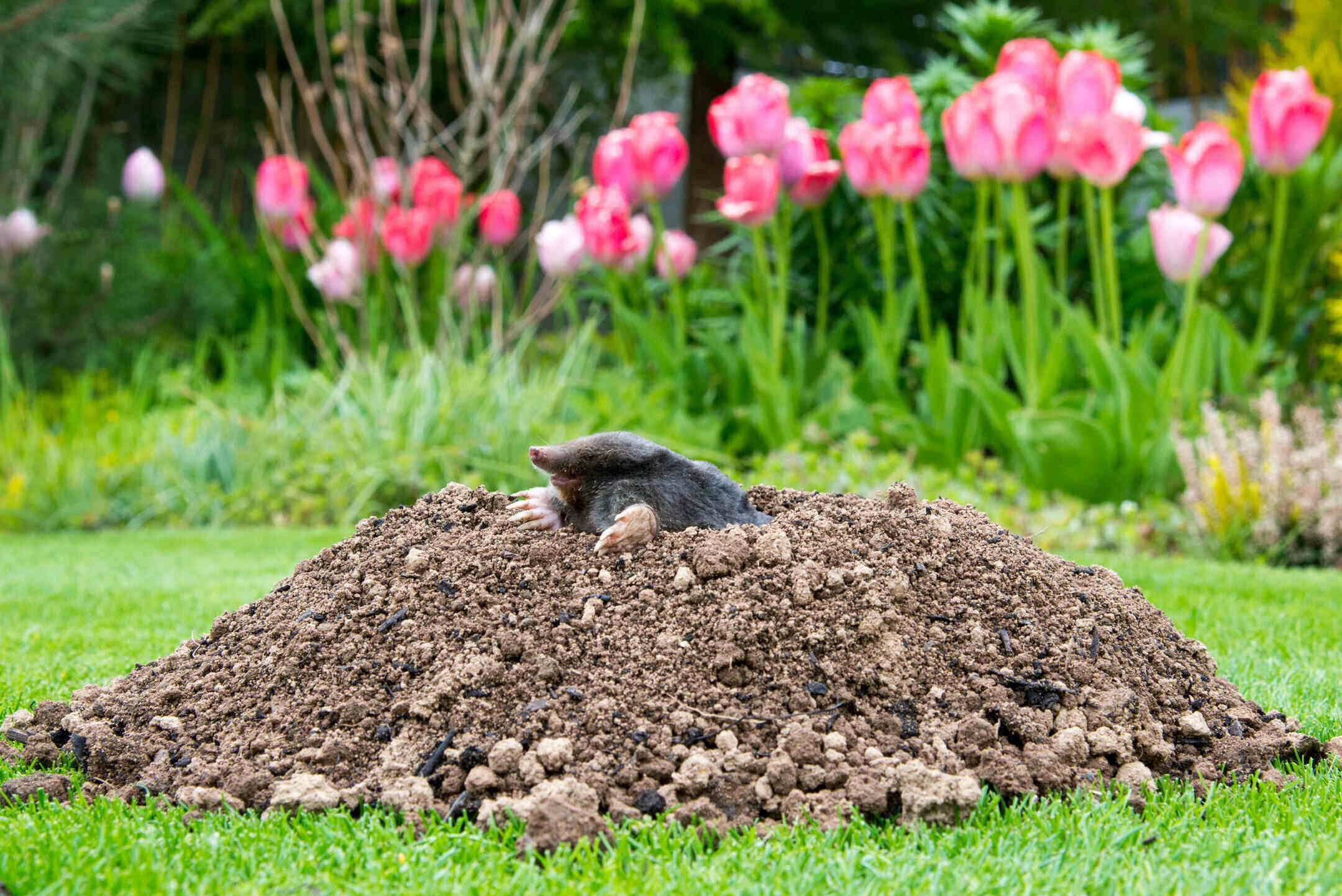
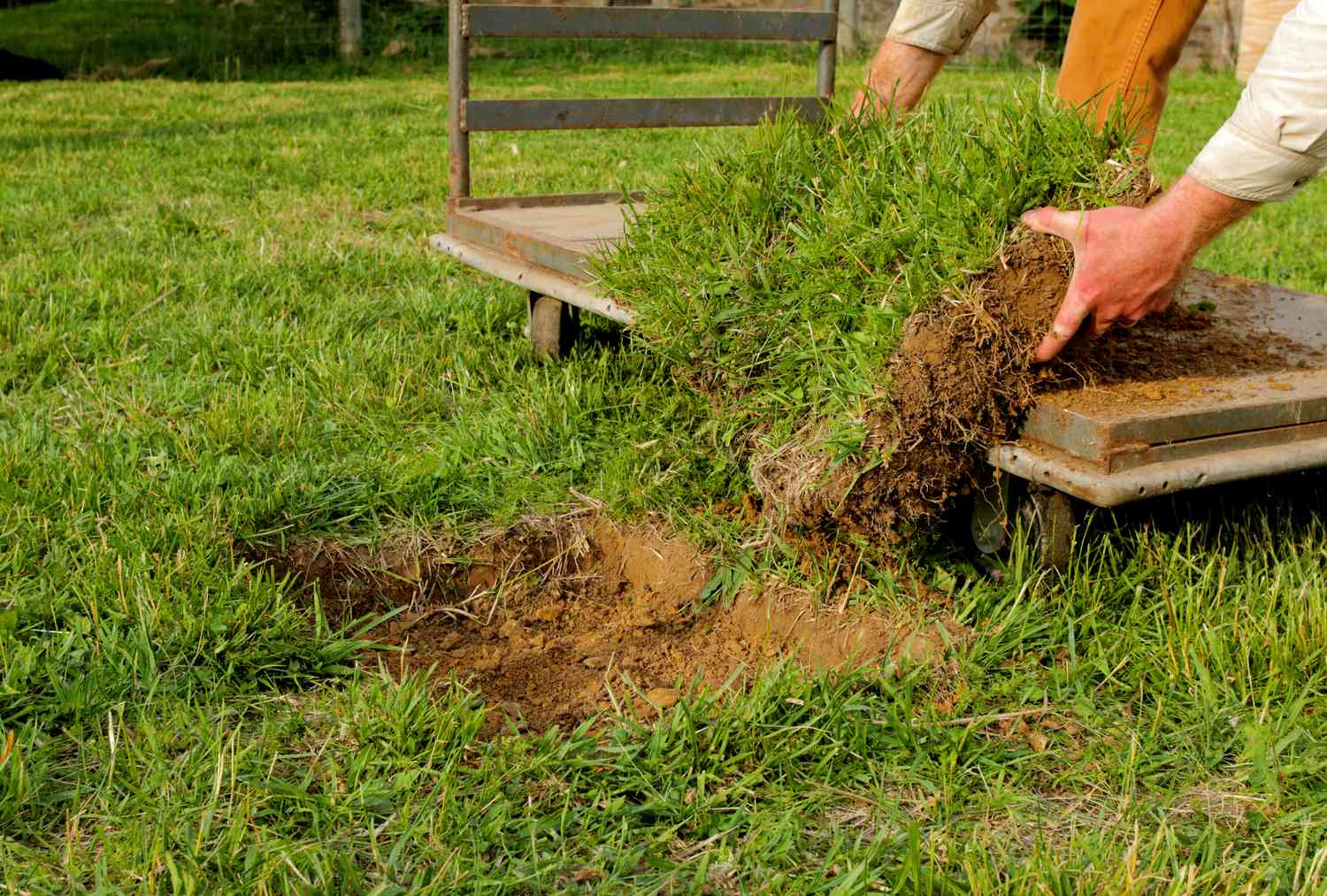

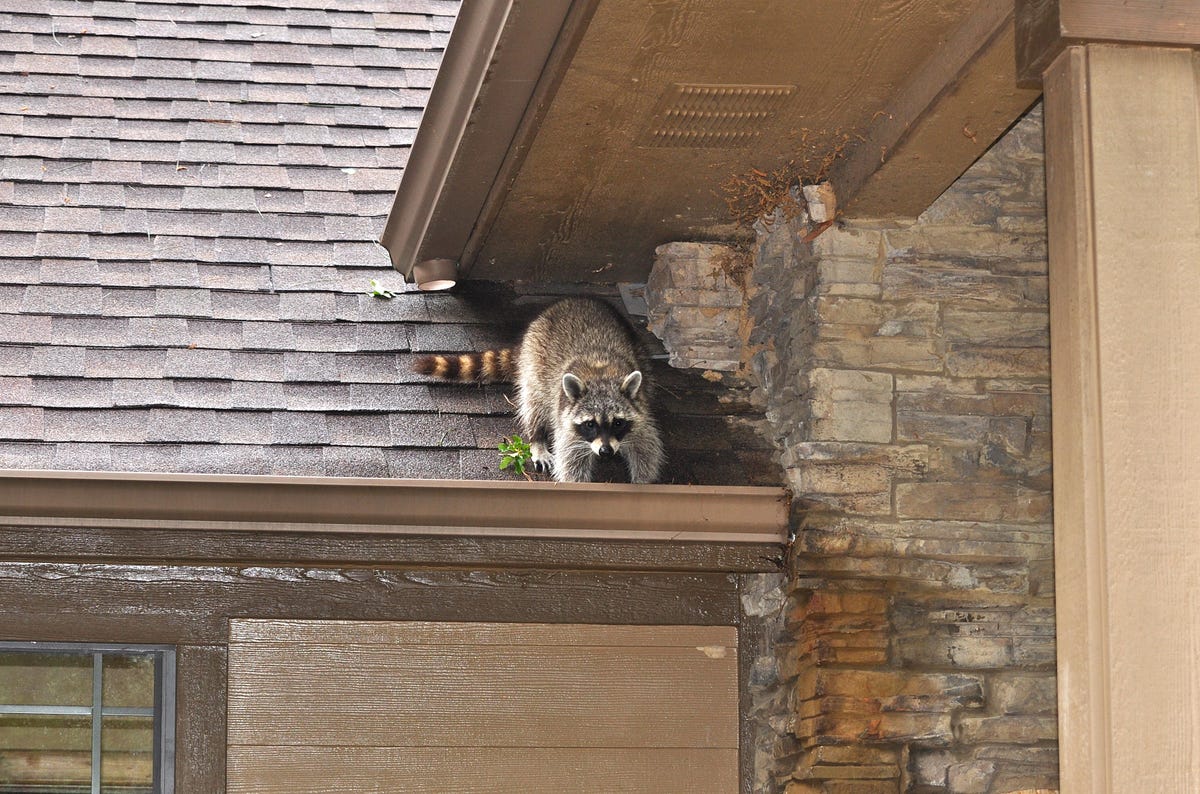

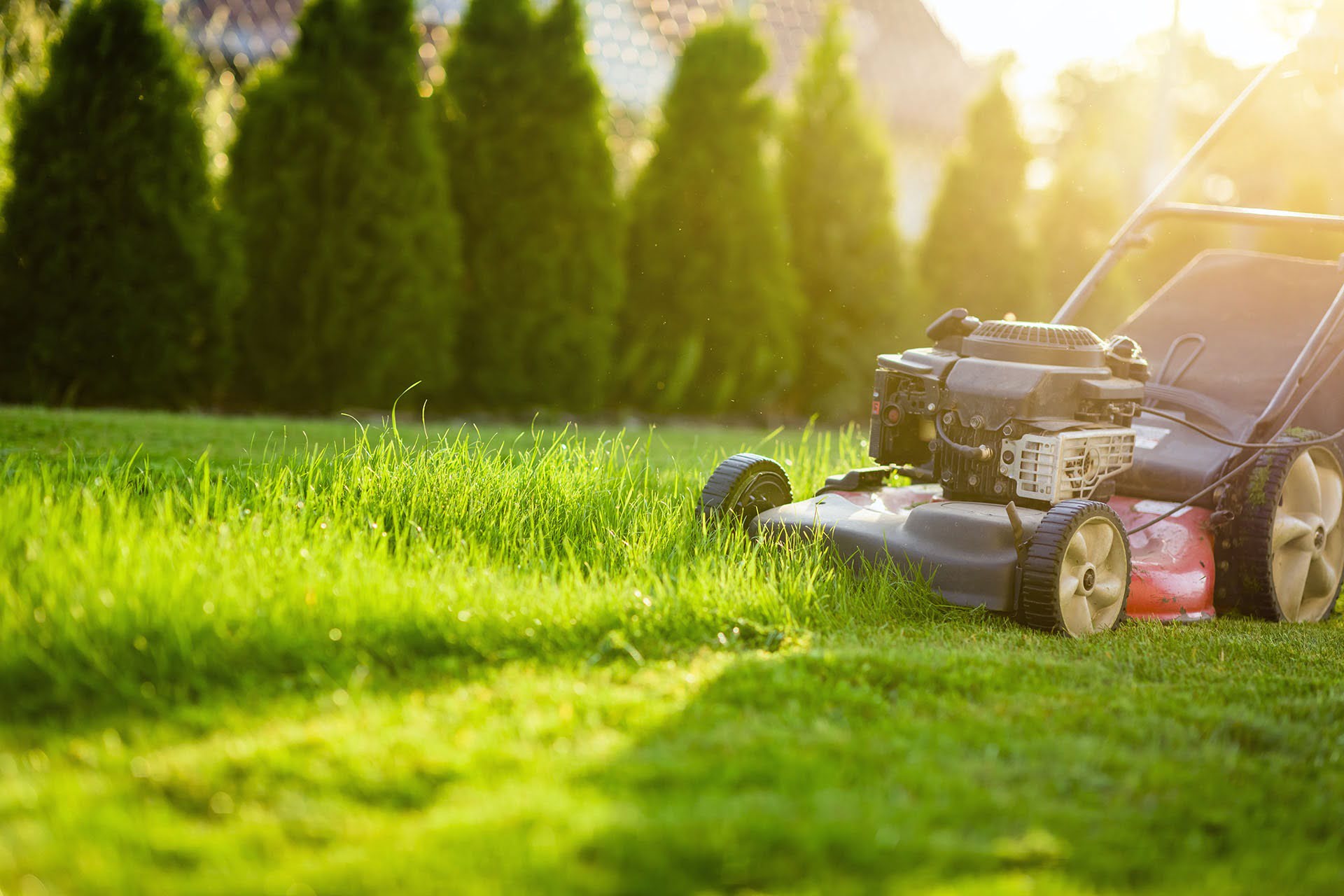








0 thoughts on “Why Do Raccoons Dig Up Lawns”